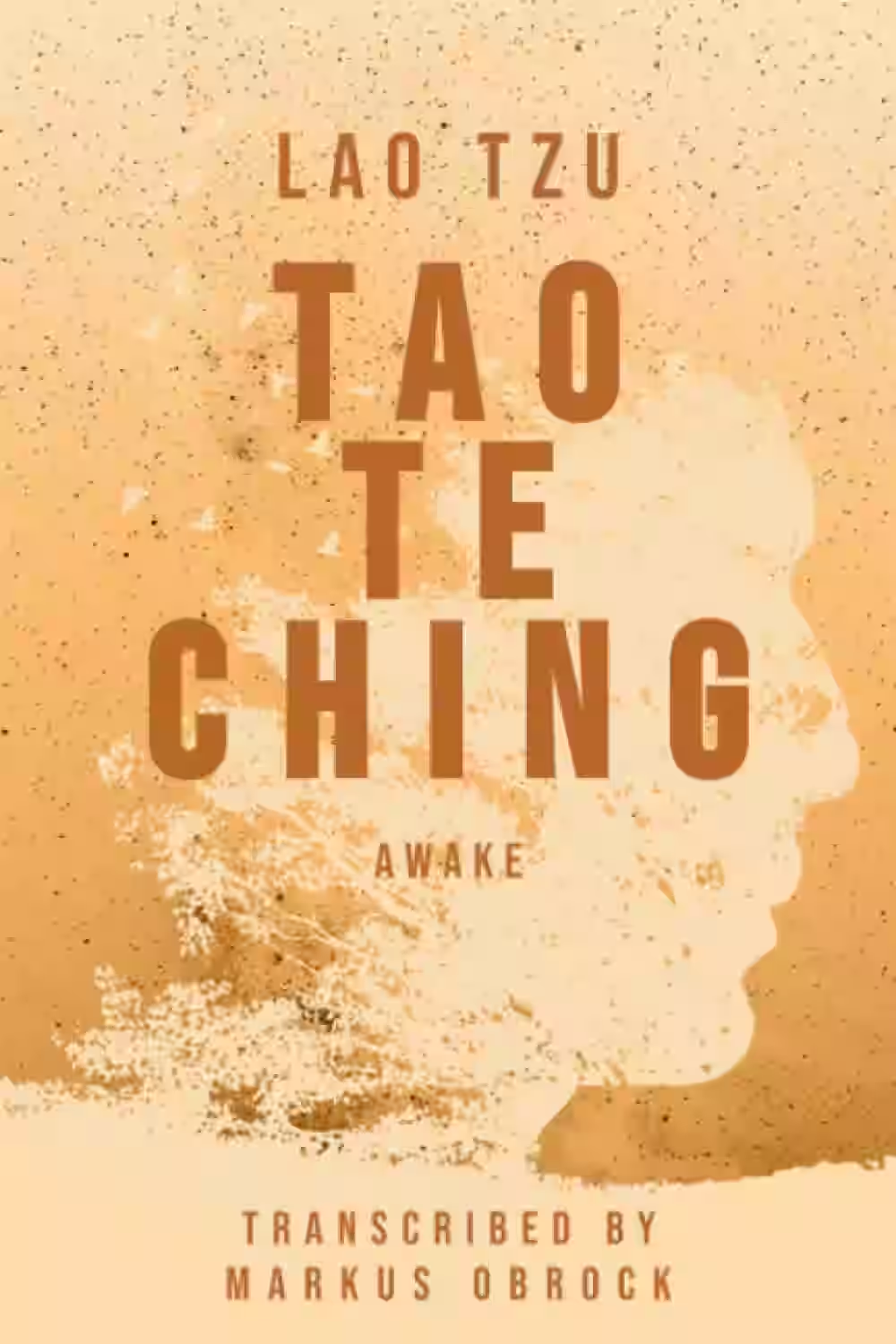
The Tao Te Ching by Lao Tzu is a foundational text of Taoist philosophy, offering timeless wisdom on harmony, balance, and the art of living. Written over 2,500 years ago, its 81 poetic verses explore themes such as non-action (wu wei), simplicity, humility, and the natural flow of life (the Tao). Rather than prescribing rigid rules, it encourages readers to align with the rhythms of the universe and embrace stillness and inner peace. Its paradoxes and poetic style invite reflection, making it a profound guide for spiritual seekers, leaders, and anyone searching for clarity in a complex world.
About Lao Tzu
An ancient Chinese philosopher and writer, traditionally credited as the author of the Tao Te Ching, the foundational text of Taoism. His teachings emphasize living in harmony with the Tao (the "Way" or "Path"), advocating for simplicity, naturalness, spontaneity, and non-action (wu wei). Lao Tzu's profound wisdom continues to influence Eastern thought, spirituality, and approaches to leadership and living a balanced life.
Similar Books
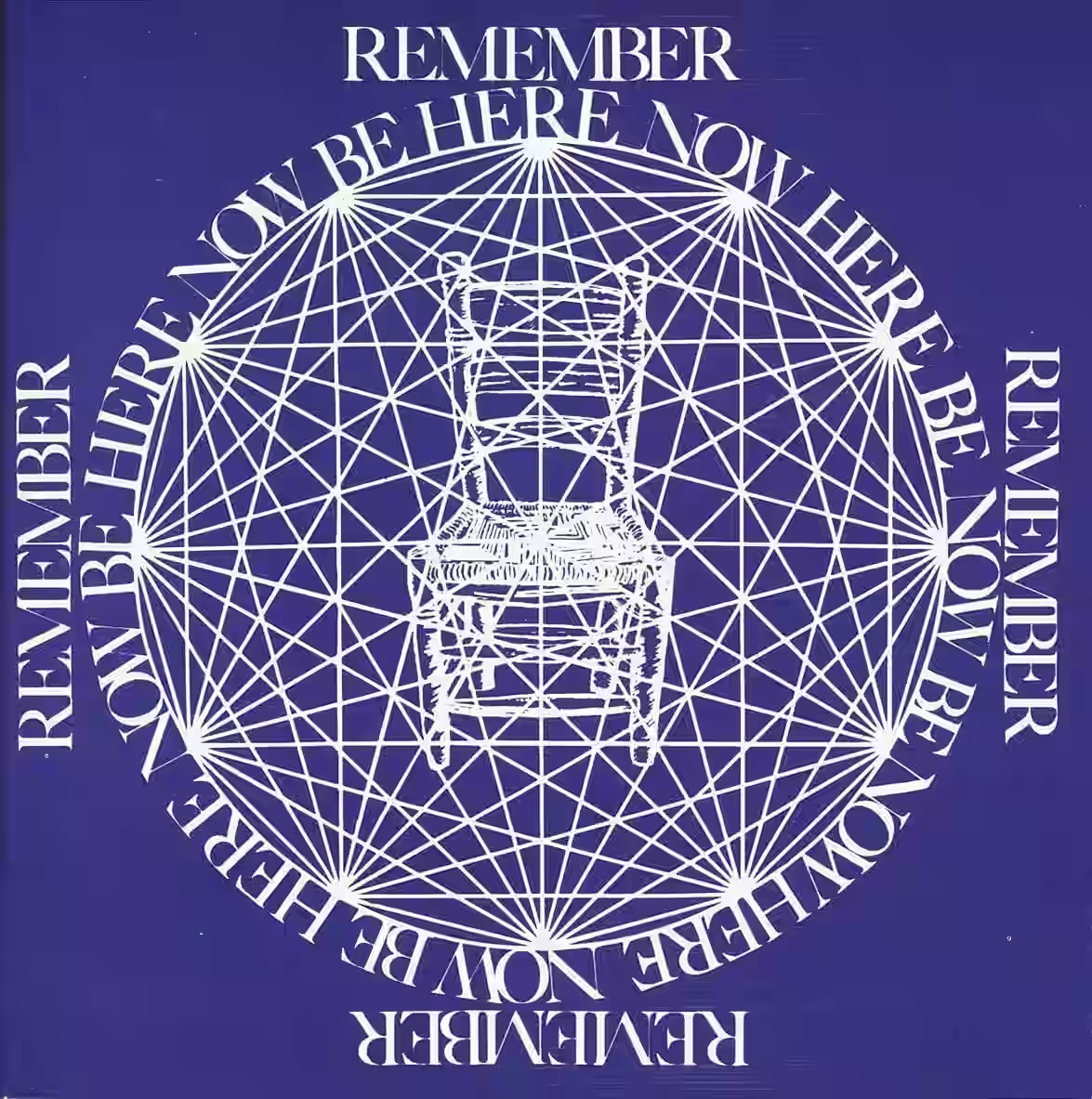
Be Here Now
by Ram Dass
Part memoir, part spiritual guide, Be Here Now traces Harvard psychologist Richard Alpert’s transformation into Ram Dass after a life-altering trip to India. Blending Eastern philosophy, psychedelic exploration, and yoga teachings, the book offers a path to mindfulness and enlightenment. Its iconic illustrations and free-form structure embody its message of living in the present moment. Ram Dass emphasizes love, surrender, and the inner journey, encouraging readers to release ego and awaken to higher consciousness. A seminal work in 1970s counterculture, it remains a deeply influential text for spiritual seekers, mindfulness practitioners, and open-hearted wanderers alike.
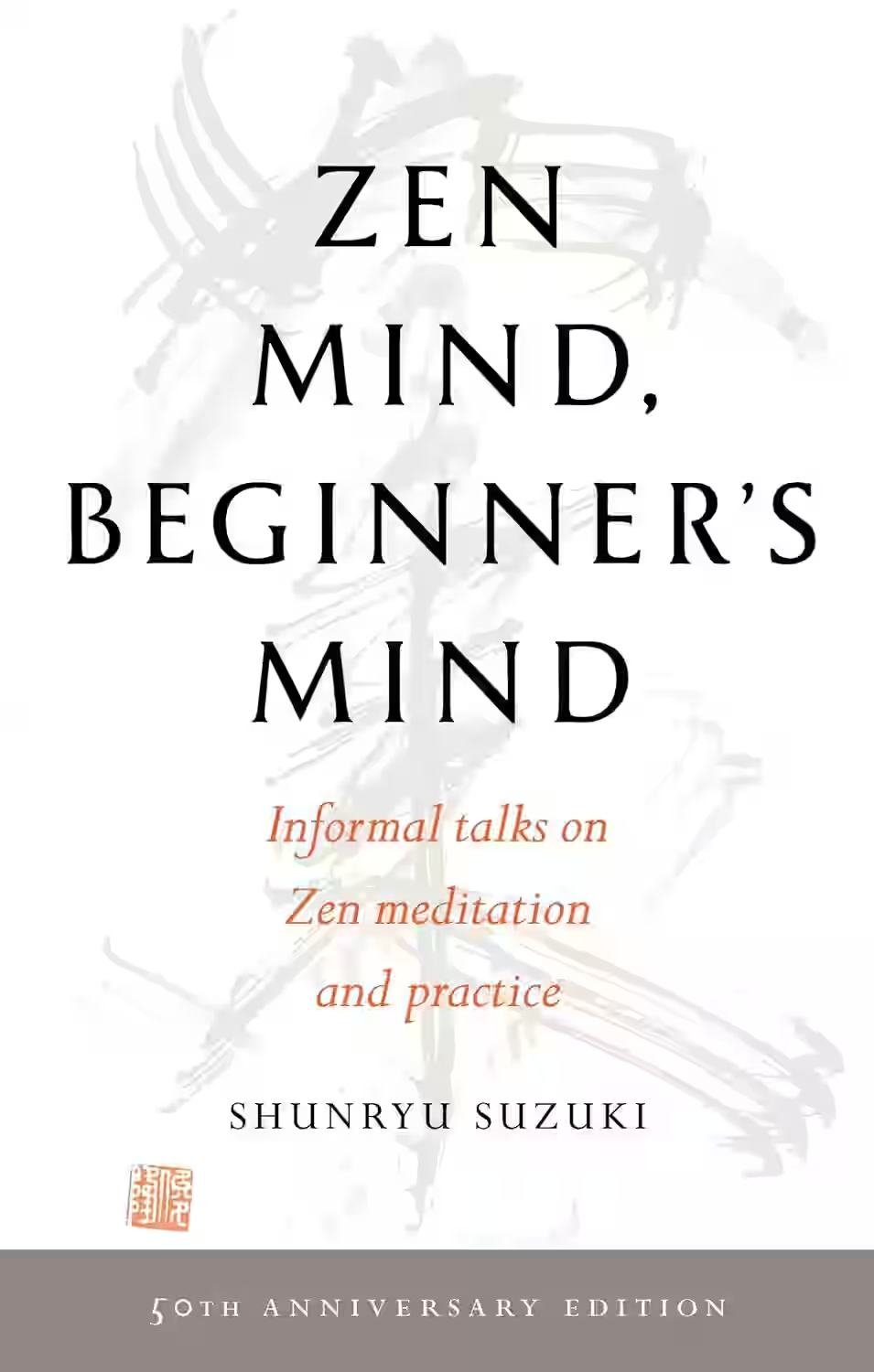
Zen Mind, Beginner’s Mind
This beloved introduction to Zen philosophy encourages readers to approach life with the openness of a beginner’s mind. Shunryu Suzuki, a Japanese Zen master, emphasizes simplicity, discipline, and non-attachment in meditation and daily living. Through short teachings and anecdotes, he explores concepts like breath awareness, mindfulness, and presence. The book’s core message is that spiritual depth arises not from mastering techniques, but from cultivating curiosity and acceptance in each moment. Revered for its clarity and poetic resonance, it has become a timeless guide for practitioners of Zen and anyone seeking peace, mindfulness, and a return to the present.
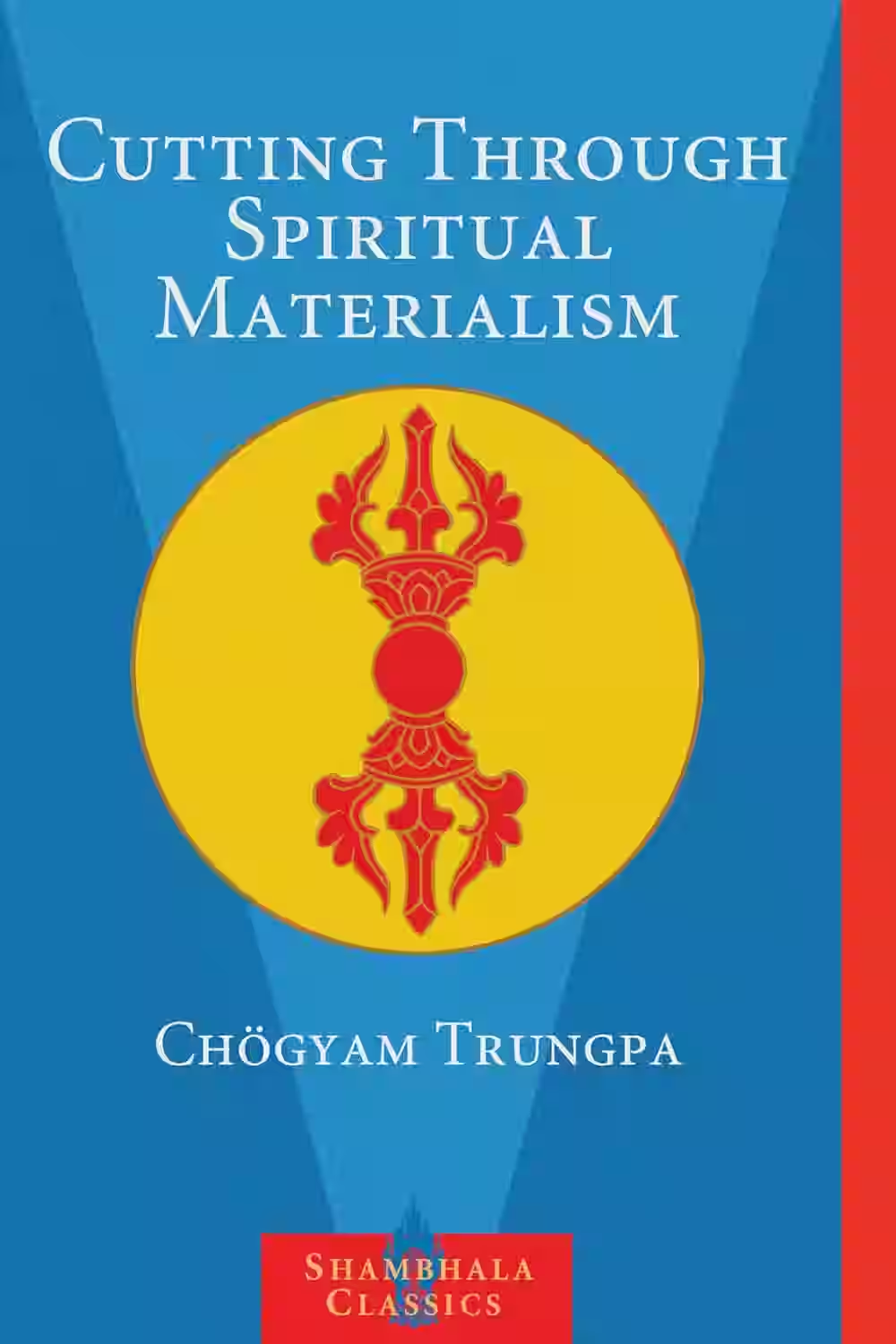
Cutting Through Spiritual Materialism
This powerful guide warns against the ego’s ability to co-opt spiritual practice for self-aggrandizement. Tibetan Buddhist master Chögyam Trungpa explains how spiritual ambition, attachment to progress, and identity-seeking can become obstacles to true awakening. Through practical advice and sharp insight, he exposes the subtle traps of self-deception, urging practitioners toward genuine humility and awareness. Blending Eastern wisdom with Western accessibility, the book encourages letting go of expectations and facing reality directly. It remains a foundational text for those serious about spiritual development and inner transformation, highlighting that the true path is one of openness and surrender.
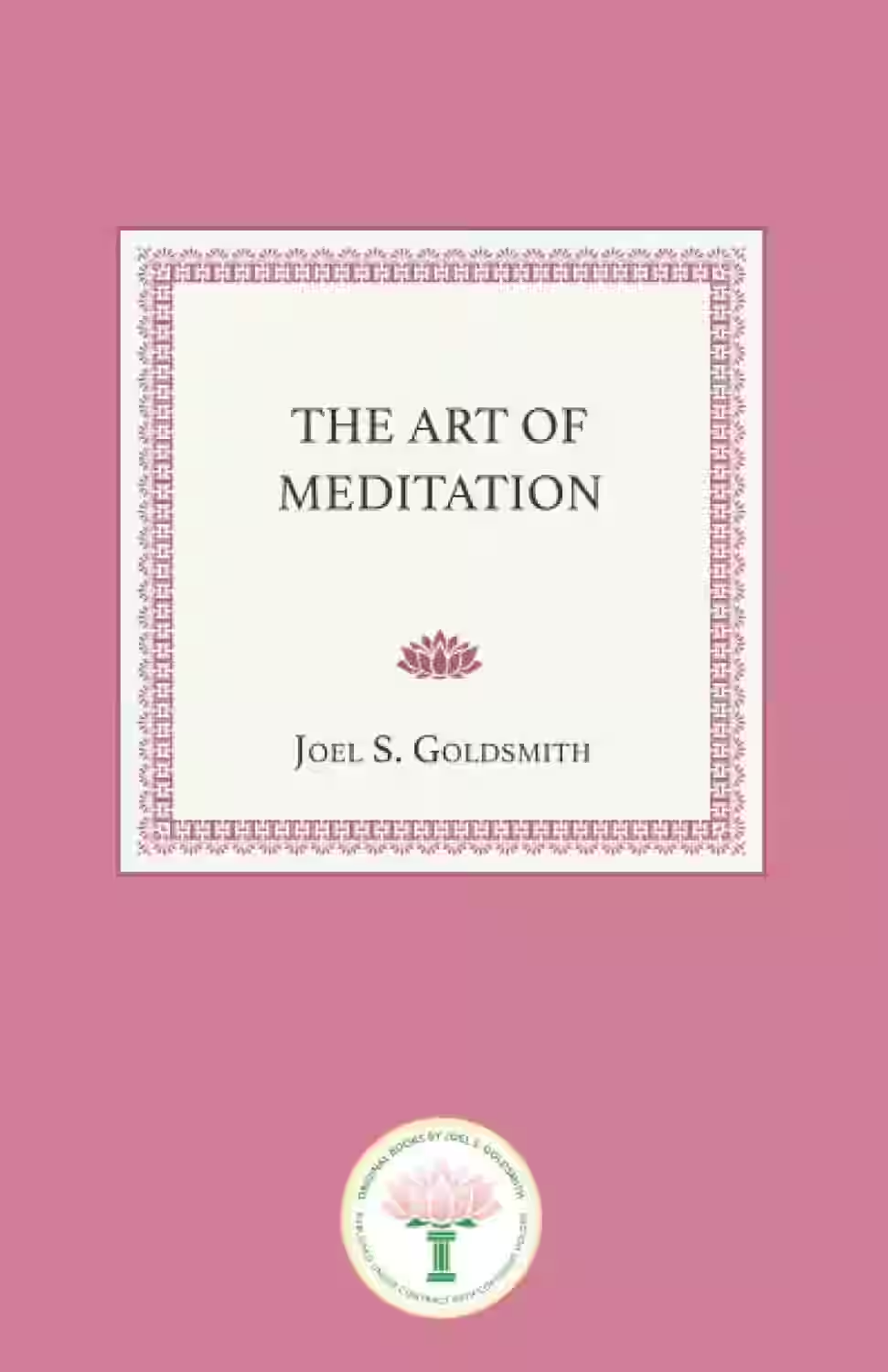
The Art of Meditation
In 'The Art of Meditation' by Joel S. Goldsmith, readers are guided through a transformative journey towards inner peace and spiritual enlightenment. Goldsmith emphasizes the practice of meditation as a powerful tool for reconnecting with one's true self and experiencing a profound sense of oneness with the universe. The book delves into profound spiritual insights, teaching readers how to quiet their minds, tap into their inner wisdom, and cultivate a deeper understanding of their spiritual nature. Goldsmith's eloquent prose and profound teachings make 'The Art of Meditation' a timeless guide for anyone seeking spiritual growth and inner harmony.